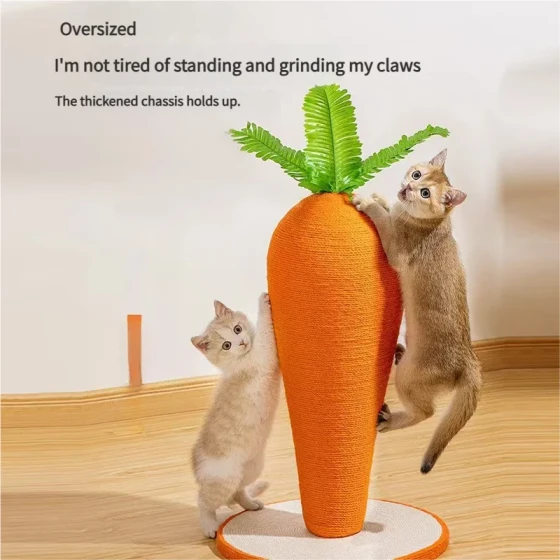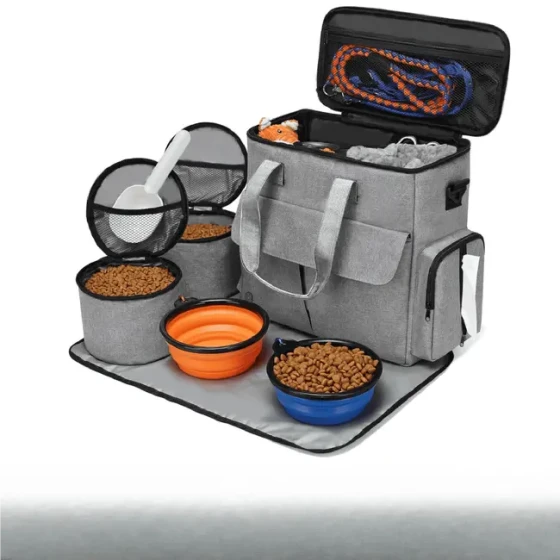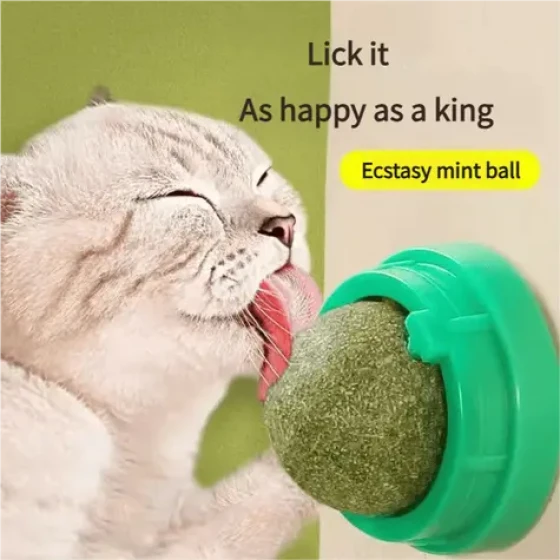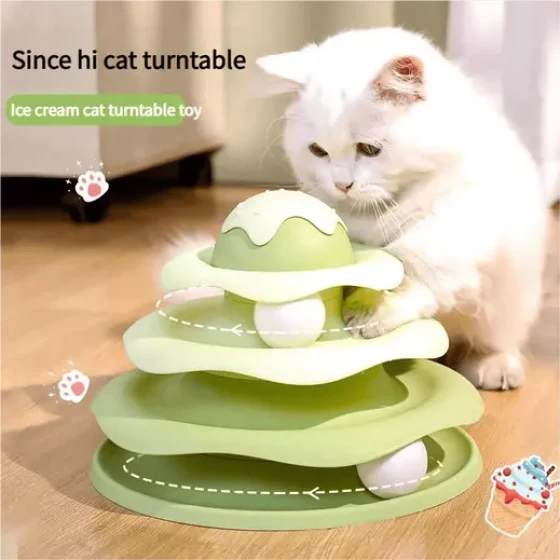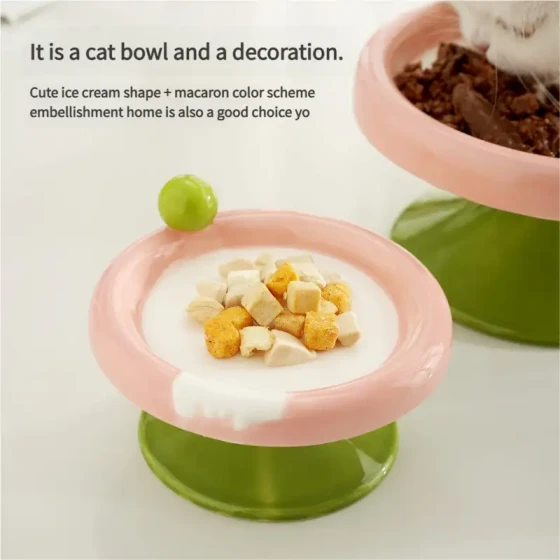What Reasons Can Cause Cats to Vomit
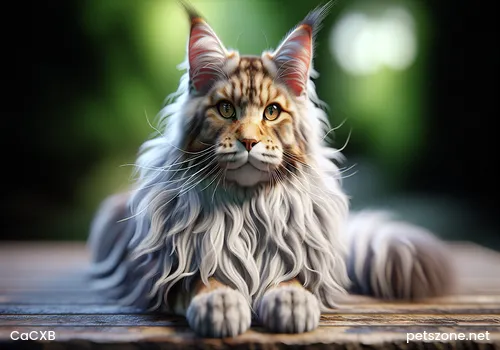
Pet Cats
For cat owners, you must have seen cats vomiting! Some people may be very nervous about it, while others remain indifferent. When taking the cat to the hospital, the vet may ask many questions that can be quite overwhelming. Today, I will take you through some reasons why cats vomit. There are around a dozen causes of cat vomiting, and it is definitely not just digestive problems as we often think.
First: Hairball Syndrome
This is the most common cause of cat vomiting, affecting both long-haired and short-haired cats, and even dogs and rabbits can have this issue. The typical symptom of hairball syndrome is vomiting about 1 to 3 times a week; what is vomited is a stringy hairball. If the cat usually eats cat grass, there will also be coarse fiber fragments.
Prevention: Brush your cat daily to remove loose hair, reducing the amount they shed. This way, during grooming, the cat will ingest less hair. If possible, special cat food designed to help cats expel hairballs or promote intestinal motility to pass hair through feces can be used. (For details, refer to our article: What to Do When Cats Vomit Hair?)
Second: Eating Too Fast
Many owners may have experienced this: cats gobble food as if they have been starving, or hurry to finish before stealing others' food. The result is that shortly after eating, the undigested food "returns the same way".
Prevention: Feed smaller meals more frequently; if you have more than one cat, feed them separately. Experiments have shown that spreading food out on a large plate works better than piling it in a small bowl.
Third: Stress
Cats under stress are prone to vomiting (somewhat similar to humans). Causes of stress include new family members or pets; new furniture or home renovations; guests staying over; moving house; carpet cleaning; and even stress from the owner (even very loving cat fans).
Prevention: Besides spending more time with your beloved cat to build trust and emotional communication, owners should understand that cats are sensitive animals; every move you make may affect them.
Fourth: Food Allergy
For cats with special constitutions, some components in the food may trigger potential allergies; food allergies usually occur after eating something not often consumed. Foods causing allergies include grains, food coloring, chemical additives, and preservatives. Allergic reactions are generally mild but affected cats may vomit several times a week, mostly within two hours of eating. Sometimes intermittent diarrhea appears, but its severity does not always correspond to the vomiting severity.
Prevention: It is not easy to identify allergens, so it is best to exclude potential allergens from the diet and feed the cat consistent food.
Fifth: Gastric Ulcer
Gastric ulcers are less common in cats but do occur. Symptoms are subtle or intermittent vomiting. Diagnosis requires X-rays or endoscopy.
Treatment: Medication control, similar to humans, aiming to reduce stomach acid secretion and gastric motility.
Sixth: Pyloric Spasm
The pylorus is located at the junction of the stomach and duodenum, controlling food and fluid entry into the intestines. When the pylorus spasms, acute vomiting occurs; however, it is painless and does not affect appetite. Diagnosis can be done with barium swallow or endoscopy. If food therapy and medications fail, surgery can enlarge the pylorus to reduce obstruction.
Seventh: Hyperthyroidism
Hyperthyroidism mostly occurs in cats over ten years old. Though weak, they eat voraciously with coarse fur, sometimes having diarrhea and vomiting. Heart rates often exceed 220 beats per minute. Diagnosis requires veterinary examination, detailed history, and blood tests. Hormone levels in affected cats can be 3-4 times above normal, causing metabolic issues.
Treatment: Medication or thyroid removal. Owners should note that long-term medication is needed to control hyperthyroidism.
Eighth: Infiltrative Gastroenteritis
This condition involves infiltration of various cells like eosinophils and lymphocytes in the intestinal villi, which are the absorbing surfaces. The mechanism is unclear, but nutrition absorption becomes abnormal. Vets call this inflammatory bowel disease, quite common in cats, with diarrhea typically more severe than vomiting, though vomiting is usually a precursor. Diagnosis requires biopsy. After confirmation, intestinal antibiotics and anti-inflammatory drugs are used for control.
Ninth: Liver and Kidney Disease
Metabolic problems in cats causing liver or kidney dysfunction lead to toxin accumulation, causing vomiting. The most common is uremia, due to kidney failure to remove toxins from blood, causing nausea and vomiting. Liver dysfunction is mostly due to old age or infection, impairing detoxification.
Prevention and treatment: Nutritional adjustments are required; high carbohydrate, low protein diets are most beneficial for cats.
Tenth: Muscle Disease
Severe muscle diseases range from nutritional disorders to muscle weakness (similar to actor Wang Zhiwen’s role in “Enjoying Life”), characterized by chronic weakness without muscle atrophy or sensory nerve impairment. The Devon Rex, short-haired and curly, has hereditary muscle diseases including esophageal dilation and systemic muscle weakness. Esophageal dilation means food remains in the esophagus 10-15 minutes after normal feeding and does not enter the stomach, causing esophageal enlargement due to muscle weakness failing to transport food.
These are ten simple examples, so don’t blame vets for being detailed. As long as we pay attention to our cats’ hygiene and food safety, they will live better lives! We hope the above knowledge helps all cat owners!
